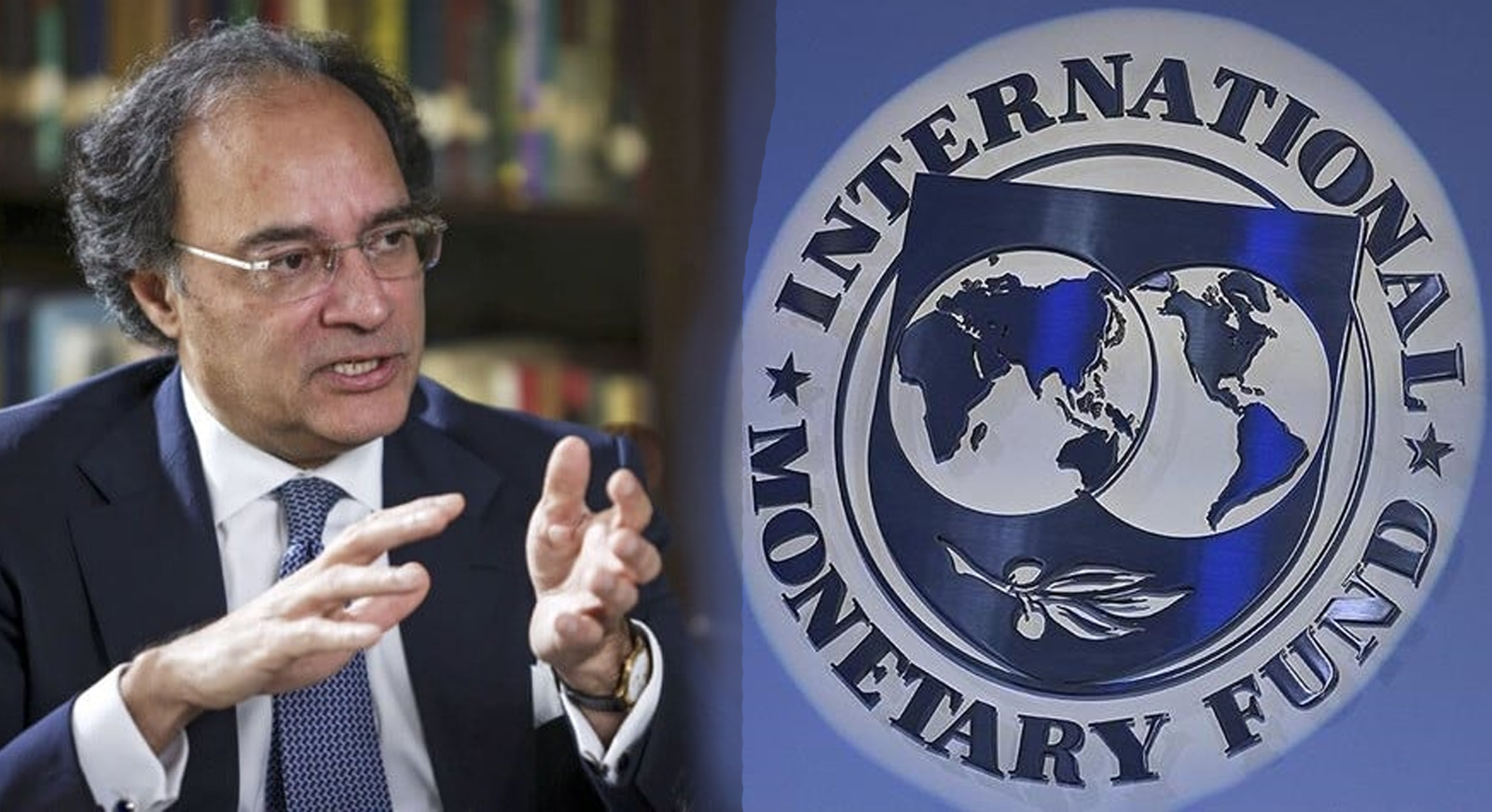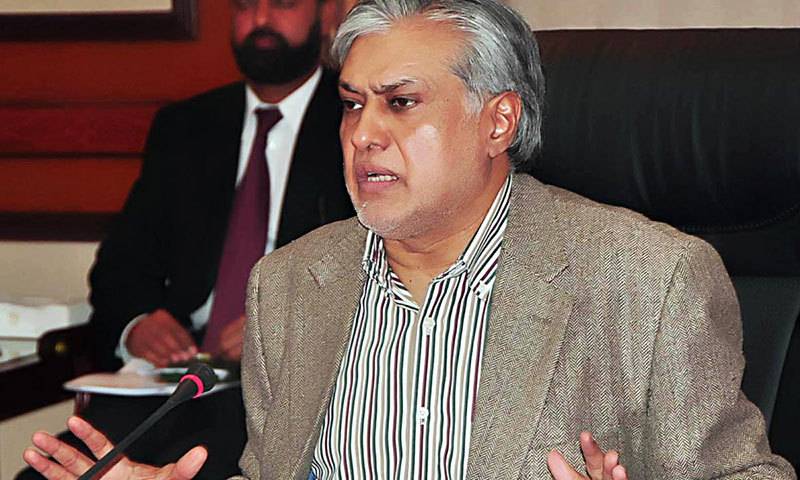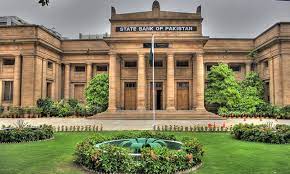The Finance Ministry has requested comprehensive and accurate data on public assets from various ministries and entities. This move is part of an initiative to align with the International Monetary Fund’s (IMF) recommendations on public financing.
The Finance Ministry outlined the IMF’s concerns regarding the current state of public asset data. The IMF noted that the data on public assets is inconsistent and not easily centralized, which hinders effective planning of public investment and budgeting for maintenance. To address these issues, the IMF has recommended that the Finance Ministry take specific actions.
The first recommendation is to draft and publish rules and procedures for federal ministries to retain and make accessible information on public assets. This includes developing standard methodologies for assessing the needs and costs of routine and capital maintenance for major asset classes. The initial step, drafting these guidelines, must be completed by June 2024.
Participants at the meeting were briefed on the necessary steps to compile detailed information on public assets. According to the Finance Division’s instructions under Part XI of the Budget Call Circular for 2024-25, each Principal Accounting Officer (PAO) must allocate sufficient funds for the operation and maintenance of physical infrastructure and assets. Additionally, PAOs are required to ensure that all assets under their oversight yield maximum possible returns.
The meeting also sought information on existing rules, policies, guidelines, and mechanisms for managing the entire lifecycle of physical assets. This includes the processes for acquiring or building assets, maintaining inventory, reporting, renovation, rehabilitation, upgrading, and repairing aging assets.
A representative from the Accountant General Pakistan Revenues (AGPR) mentioned that since 2017, AGPR has maintained digital records of payments related to asset acquisition and construction. These records can generate reports detailing the amounts involved in acquiring assets across various ministries and divisions.
Representatives from major corporate entities such as Pakistan Railways, the Water and Power Development Authority (WAPDA), the National Highway Authority (NHA), and the Civil Aviation Authority (CAA) reported that their balance sheets contain detailed information about fixed assets. These entities follow policy guidelines and procedures for asset procurement, construction, and maintenance. However, they acknowledged that the funds allocated for repair and maintenance are often insufficient to ensure proper upkeep.
The Pakistan Public Works Department (Pak PWD) is responsible for building and maintaining government infrastructure, including ministries, divisions, and departments. Pak PWD follows established policies and procedures, guided by the General Financial Rules (GFR), which cover the execution, maintenance, and disposal of stores and works. Additionally, Pak PWD operations are directed by the Central Public Works Department Code and the Central Public Works Accountant Code. The assets created by Pak PWD are subsequently owned by the respective ministries and divisions.
The Planning Division’s representative emphasized the urgency of drafting guidelines for public asset management. Meeting this requirement by June 2024 is essential to comply with the IMF’s conditionalities. Once drafted, these guidelines will be reviewed and refined through discussions in the Central Development Working Party (CDWP) and the Executive Committee of the National Economic Council (ECNEC).
To ensure comprehensive representation, it was decided to include a representative from Pakistan Post, under the Ministry of Communications, in the committee as a co-opted member. Additionally, all participating divisions and entities are required to submit copies of their relevant rules, regulations, policies, and Standard Operating Procedures (SOPs) to the Finance Division. These documents will be reviewed in the next meeting to help formulate generic guidelines in collaboration with the Planning Division.
This coordinated effort aims to create a more structured and transparent approach to managing public assets, aligning with international standards and improving the efficiency and effectiveness of public investment and maintenance.




